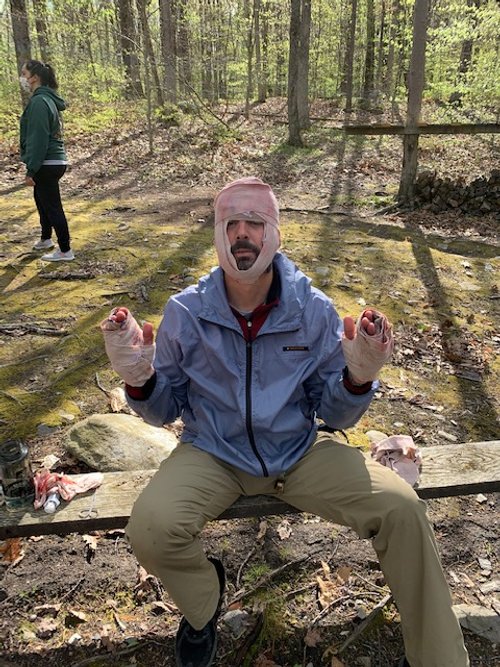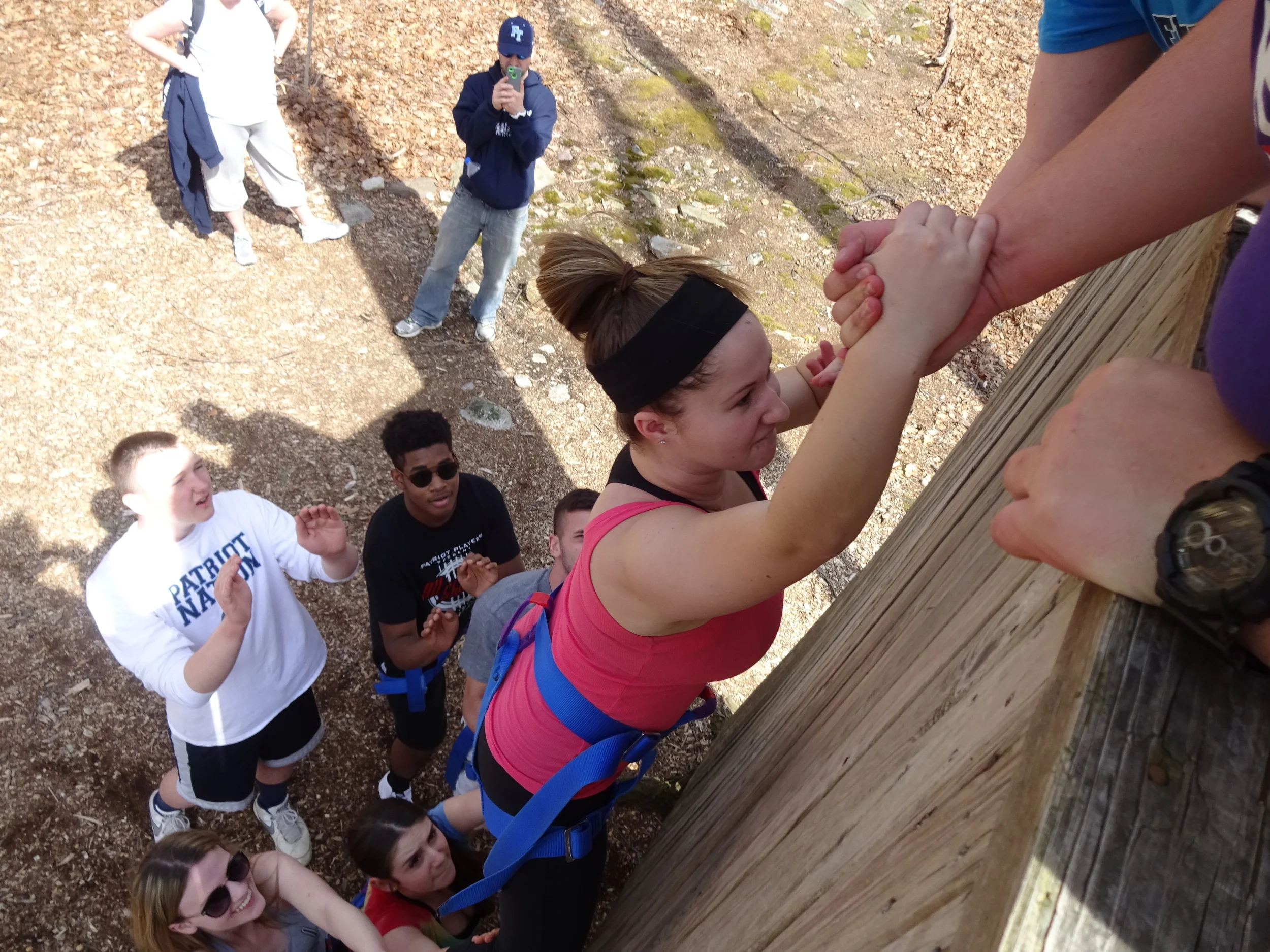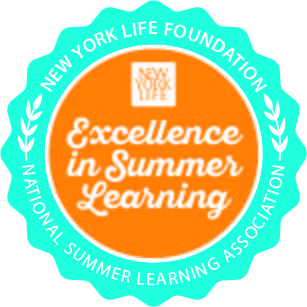The Challenge Our Children Face
/At this writing, the first Americans have received a COVID-19 vaccine outside of a clinical trial, and it looks as if we might be able to start a move toward some sense of normalcy at Blairstown. For the historically marginalized young people we work with, some sense of normalcy can't come too soon.
As of December 3rd, more than 1.4 million children have tested positive for COVID-19, representing 12% of all cases. Thankfully, COVID-19 associated hospitalizations and death are rare among children, but the long-term impact still needs to be studied.
While COVID-19 may not be as physically debilitating for children as it is for adults, its impact on their mental health, access to food and housing, and educational opportunity is more than most of us can fully understand, particularly for the young people PBC works with in Newark, Camden, and Trenton.
A recent Pew Research Center survey found that 43% of parents living with children reported that they or a family member had lost a job or taken a pay cut due to the pandemic, including 62% of Hispanic families, 50% of black families, and 36.5% of white families. Fifty-two percent of low-income families reported job losses.
Lower-income adults and families, like those we serve in Newark and Trenton, were particularly vulnerable to the financial impact of the virus. Only 23% had emergency funds set aside to cover three months of expenses in case of a job loss, illness, or economic downturn. Over 46% of low-income adults say they have had trouble paying their bills since the start of the pandemic and approximately 33% report they are having trouble paying rent or making mortgage payments.
New Jersey food bank operators report that people in some places are waiting 2½ hours to get a bag of food. Soup kitchens and food pantries are reporting double, even triple, the normal traffic. Lines waiting for grab-and-go food packages form at dawn in some places and stretch for blocks. Food security programs are used to seeing seniors, veterans, the homeless, people with mental or emotional difficulties. During COVID-19 they are also seeing service workers, hospitality workers, teachers, nurses, construction workers, and professionals.
With most schools remote due to high local infection rates, children who normally have access to free breakfast and lunches at school must get nutrition another way, further exacerbating food insecurity. When a student's basic needs for food, clothing, or shelter are unmet, it's almost impossible to learn. Adequate affordable housing is an ongoing problem in our state, where high housing costs abound, and the pandemic has only made the situation worse; on December 14th, NJ Spotlight News featured "19%" as their number of the day, representing the percentage of NJ adults with children who said they are afraid they won't make their next rent or mortgage payment.
While most schools in Trenton and Newark found ways to get Chromebooks or computers to their students at the start of the pandemic, many students still don't have access to reliable internet for school work. A McKinsey study states that lower-income students are less likely to have access to high-quality remote learning or to a conducive learning environment, such as a quiet space with minimal distractions, devices they do not need to share, high-speed internet, and parental academic supervision. Many students in Trenton and Newark have parents who are essential employees who are unable to work from home, help their children navigate connectivity issues, or supervise their school work.
A recent study from the New York University Grossman School of Medicine looked at 10 major US cities and found that in counties where the population was substantially non-white with a median income defined as $60,240, the COVID-19 death rate was more than nine times higher when compared to counties that are substantially white with the same median income. And the infection rate was nearly eight times higher for the more racially and ethnically diverse counties that authors called "more-poverty areas." What does this mean for PBC's students? Many lost family members to the virus, and even more had family members become severely ill. This can lead to added stress, depression, and a sense of isolation for our students.
All of these factors make it critically important that our students have access to high-quality academic enrichment and a supportive peer group they can connect with to help them process the trauma they have experienced over the past year. We will continue to provide virtual after school programs for some students and weekly SEL lesson plans for educators and youth workers. Additionally, we are beginning to plan for off-site programming that will take place in parks near where our students live so they can connect and learn together outdoors until COVID is eradicated.
Thank you for helping us provide these much-needed opportunities to historically marginalized students. They have had a year that most of us cannot fully imagine.






















